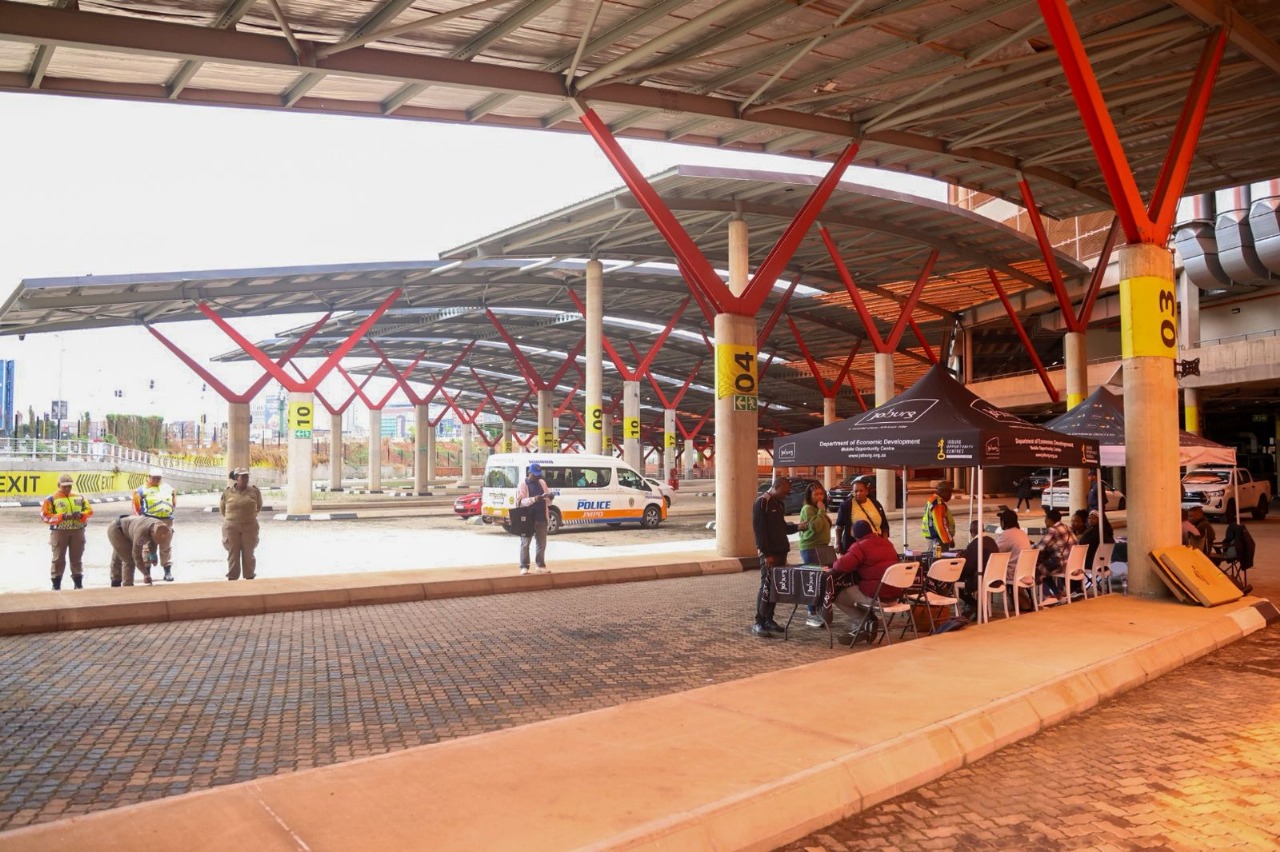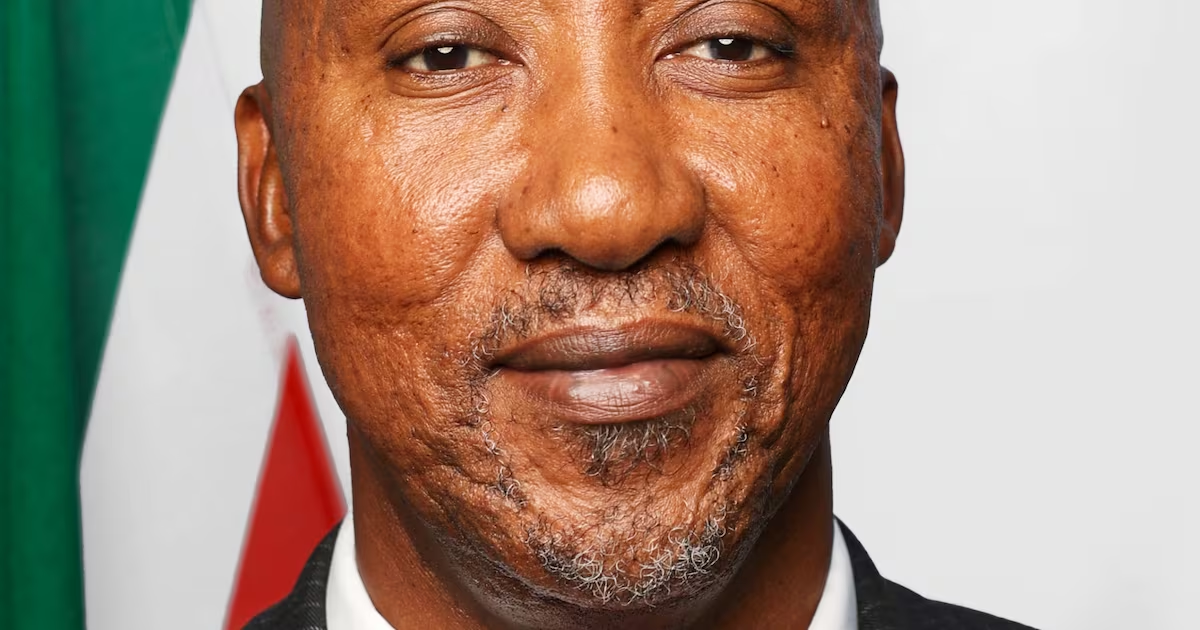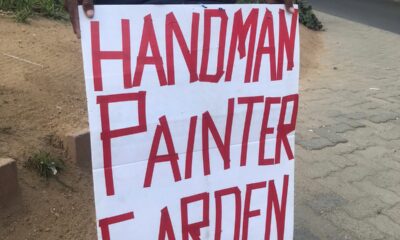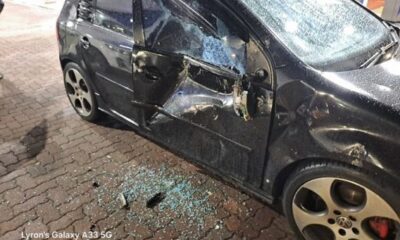Business
Joburg starts permit process for informal traders in CBD to improve regulation and safety

Joburg Moves to Formalise Informal Trading in the CBD
Johannesburg’s inner city is buzzing, not just with shoppers, but with a wave of traders heading to 66 Jorissen Place in Braamfontein. The reason? The city has officially launched a two-week verification and registration process for informal traders in the CBD, following a Gauteng High Court ruling.
Judge Brad Wanless mandated that the city start the process on 4 November and complete it no later than 18 November 2025. The goal is simple: ensure informal trading operates legally, fairly, and safely, while still supporting the livelihoods of Johannesburg’s vibrant street economy.
EXPLAINED: The process for Joburg’s informal traders
EWN’s Alpha Ramushwana explains the process informal traders in the Joburg CBD must undergo in order to be registered.https://t.co/q9jItY12Bw pic.twitter.com/nOZ9B2n5AP
Eyewitness News (@ewnupdates) November 5, 2025
Who Qualifies and What They Need to Apply
Traders hoping to secure a permit must provide documentation that proves identity, residence, and eligibility to trade:
-
South African citizens: Valid ID document.
-
Foreign nationals: Passport or asylum seeker documentation and proof of legal residence.
-
All applicants: Proof of residence and a certificate of acceptability from the Environmental Health Department.
City officials stress that these requirements are not bureaucratic hurdles, but safeguards to ensure that trading spaces are used for business purposes and not as informal living spaces.
Smart Card Permits and Designated Stalls
Once verified, traders will receive a smart card permit, which functions as official proof of authorisation. The card features:
-
Trader’s photograph
-
ID number
-
Registration number
-
Assigned stall number
When approached by law enforcement, including the Johannesburg Metro Police Department (JMPD), presenting the smart card will demonstrate compliance.
Approved vendors will also be allocated stalls within designated trading zones across the CBD. Yellow squares will mark each official trading space, ensuring that vendors know exactly where they can operate, reducing conflict over prime spots.
Why the City is Taking Action Now
Informal trading has long been a lifeline for thousands in Joburg’s inner city, but the lack of formal regulation has created disputes, health risks, and congestion. By rolling out this permit system, the city aims to:
-
Improve organisation and accountability
-
Reduce conflicts between traders
-
Ensure hygiene and safety standards are met
-
Maintain orderly, accessible public spaces
City officials are hopeful that the formalisation of informal trading will balance economic inclusion with urban management, providing a clear framework for traders and authorities alike.
Public Reaction and Community Voices
Social media chatter has been a mix of hope and caution. Many traders welcome the system as a path to legitimacy, while others worry about bureaucracy and possible delays.
Local trader Thabo Mokoena shared his optimism:
“Finally, we can trade without constant fear of being moved or fined. If the process is fair, this could really help us.”
Meanwhile, residents and shoppers are hopeful the move will reduce congestion and improve cleanliness in the CBD.
Once fully implemented, the system will not only provide legal security for traders, but also help the city monitor and manage the bustling informal economy, which forms an integral part of Johannesburg’s economic landscape.
For many vendors, the weeks ahead are more than just paperwork, they are a chance to step out of the shadows, trade openly, and contribute to the city’s pulse while staying on the right side of the law.
{Source: EWN}
Follow Joburg ETC on Facebook, Twitter , TikTok and Instagram
For more News in Johannesburg, visit joburgetc.com























